

Planning for Perpetuity with Community Land Trusts
September 17, 2025

Presenters:
Ali Ankudowich, Director
Land Use & Planning
Florida Housing Coalition ankudowich@flhousing.org
Cindee LaCourse-Blum, Executive Director
Community Land Trust of Palm Beach County & Treasure Coast clacourse-blum@cltofpbc.org
Jean Amison, Manager
Housing Division
City of Tallahassee
Jean.Amison@talgov.com
Matthew Wyman, Director
Community Land Trust Institute
Florida Housing Coalition wyman@flhousing.org
About the Florida Housing Coalition
Statewide nonprofit organization that is primarily a training and technical assistance provider to local governments and nonprofits on all things affordable housing
Our work covers:
• Compliance with local, state, and federal affordable housing programs
• Affordable housing program design
• Capacity building for nonprofit housing providers
• Land use planning for affordable housing
• Research & data gathering
Community Land Trust Institute
• Established in 2000, the Community Land Trust Institute (CLT Institute) is a trusted resource for local governments, nonprofits, and lenders seeking to support, establish, or enhance Community Land Trusts (CLT) and permanent affordability programs
• The CLT Training and Certification Program provides essential training covering the foundational principles of shared equity (CLT) and hands-on guidance for establishing or improving CLT operations through:
o Promotion of best practices; and
o Encouraging the standardization of key documents and procedures.
• Certification for individuals and organizations dedicated to developing and stewarding permanently affordable housing made possible through partnership with Freddie Mac
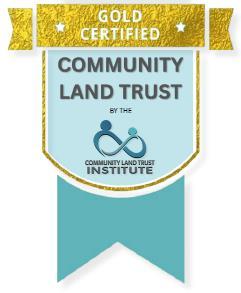
Long Term Affordability Needed
• Lack of affordability has created a greater demand for more assisted units requiring
• Housing prices rapidly increasing at greater rate than income,
• Diminishing value of public assistance,
• Land and building costs
• Bigger more impactful outcomes to increase supply quickly,
• Higher subsidy needed to make development work
• Programs that use shared equity such as CLTs can harbor investments for future benefit

Modern
American CLT Origins
• A product of the civil rights movement of the 1960s in Albany, Georgia to advance racial equity and maintain affordability.
• African American farmers who asserted their right to vote were being pushed off land owned by white landowners.
• Formed New Communities, Inc. which purchased over 5,000 acres
• Entered into long-term leases allowing the farmers and others to build homes and operate businesses on the property.
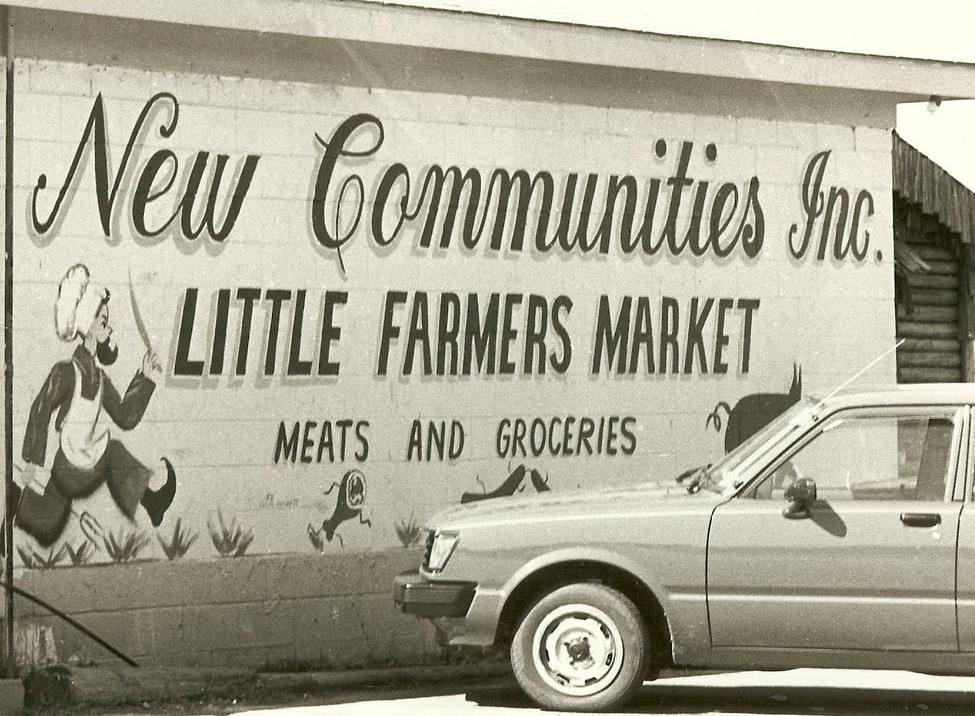
What is a CLT?
Shared Ownership, Shared Equity, Subsidy Retention and STEWARDSHIP
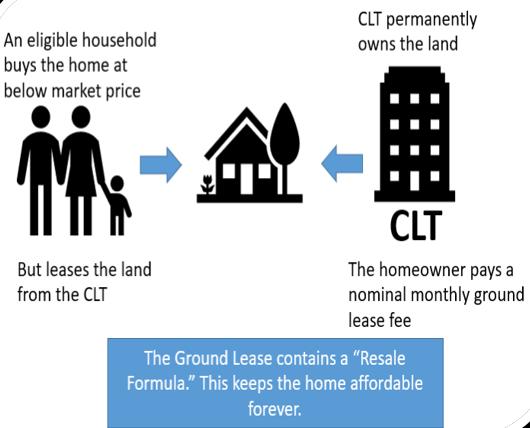
• A nonprofit (membership) organization that holds title to land separate from improvements (shared ownership), promotes affordability (shared equity provisions), and administers a 99-year ground lease (sometimes via LURA or Deed Restrictions) assuring that:
o rights of owner of improvements to use the land,
o public subsidy is retained in the housing unit,
o future low-income households will afford the unit,
o land is stewarded and occupants are counseled to improve outcomes.
$200,000 (with $50,000 subsidy) $450,000
$250,000 (25% of appreciation)
Purchase
- $50,000 (DPA)
$450,000 (80% increase)
(1st)+ $50,000 (2nd)
+ Mtg Principal Paid
(or increase income limit)
$100,000)
The Equity Ladder!
Shared Equity (including CLT) ownership offers an effective alternative to renting for lower-income households seeking the stability of homeownership, opportunity to build wealth particularly in markets experiencing high housing costs
Previous Slide Example
>$1,800 CLT Homeownership v.
$2,200-$3,700 Comparable Rent (FMR)
$$$ to save in addition to equity
Community Land Trusts offer a critical rung Creating opportunity where one did not
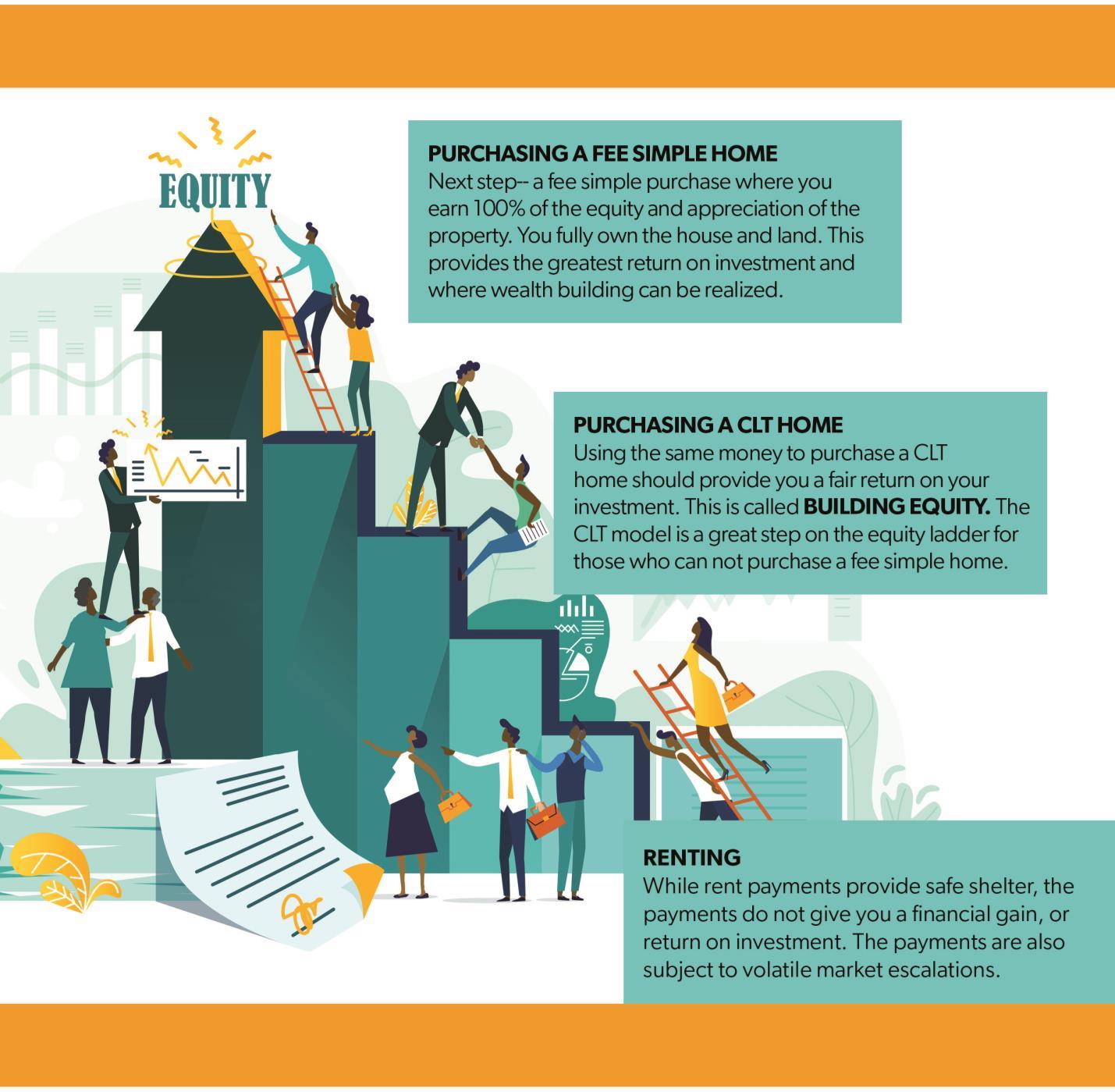
Community Land Trust - Stewardship
Home Maintenance
• CLT can stay alongside owner to inform on the necessities of maintenance and repairs of a home
Financial Planning
• CLT and buyer/owner develop a plan for moving to next rung in ownership
Resale
• Sources the purchaser from pipeline of interested CLT buyers and assigns agreement
• Ensure subsidy is retained with the unit through the transaction
Contingency
• Save owner and home from default (Tax sale, foreclosure, etc.)
Alignment of Objectives
Planning Efforts
• Sustainable and Efficient Land Use
• Economic Development
• Environmental Protection
• Equity and Community Wellbeing
• Mitigation of Negative Impacts
• Public Participation
Planners, local government, non-profits, developers and stakeholders MUST partner to create more housing stock.
Our grandchildren benefit if what we do is affordable and livable for 100 years or more
CLT Hallmarks
• Create Community through shared ownership of the resource none of us created.
• Decommodification of Land
• Affordability = Opportunity
• Mitigation of Displacement
• Public Participation: The heart of the CLT is the community, typically through a membership structure
Local Planner Support for CLTs

Planning
Integrate permanent affordability and CLTs into plan:
Analysis Engagement Solutions
A few ideas: vision plans, Comprehensive Plans, housing action plans, equity plans, community redevelopment plans, other small area plans, post-disaster redevelopment plans, and more!
Public Land Disposition
• Offer surplus public land to CLTs at affordable prices through the local public land disposition policy
• Include CLTs in right of first refusal policy for public land
• Require permanent affordability, with monitoring, enforcement, and unit stewardship, for public land determined as appropriate for longterm affordable housing use
Regulatory Allowances & Incentives
• Offer flexible allowances and land use incentives (e.g., housing types including middle housing, density allowances and bonus, building and site design flexibility, etc.) that CLTs and their typical projects can use
• Streamline permitting for CLT projects
• Apply permanent affordability and CLT stewardship to land donated in lieu of affordable unit construction for inclusionary programs
• Require long-term (30+ years)/permanent affordability periods with monitoring, enforcement, unit stewardship for land use incentive programs
YIGBY! Yes-in-God’s-Backyard Empowering faith-based groups to build affordable homes
• Passed and signed into law via Senate Bill 1730 (2025)
• Allows local governments to approve housing on certain parcels owned by religious institutions as long as at least 10% of the homes are “affordable” per s. 420.0004
• Parcel eligibility: land owned by a religious institution which 1) contains a house of public worship; or 2) is contiguous to a parcel with a house of public worship.
• Optional tool for local governments to unlock faith-based land for affordable housing - requires local action to apply it
• Long-term/permanent affordability opportunity with monitoring, enforcement, stewardship
Underused Church-Owned Property for Affordable Homes
St. Petersburg – Pinellas County
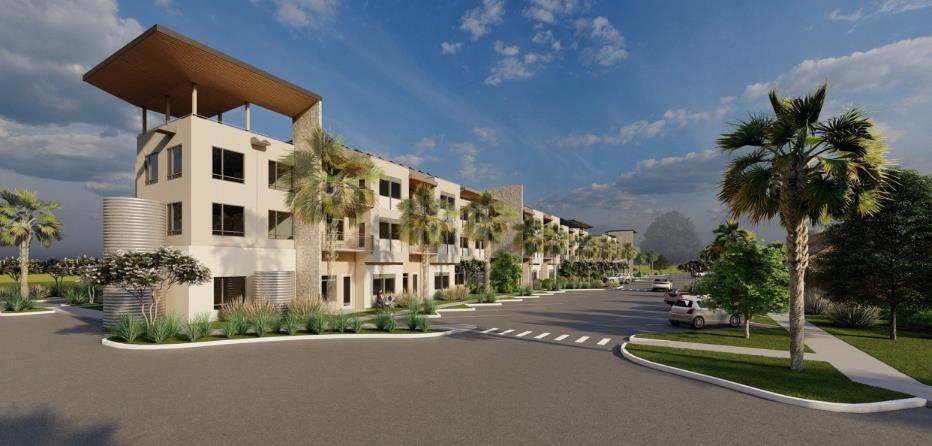
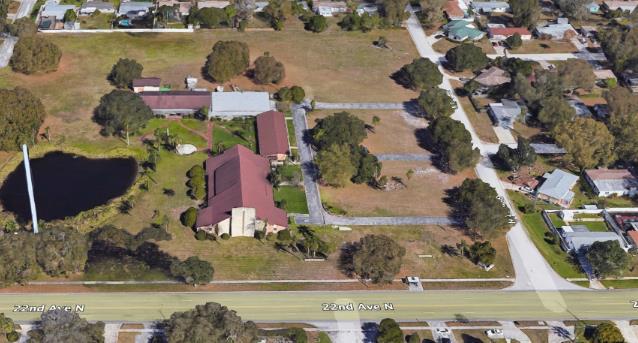
86-unit affordable housing development approved for site of Palm Lake Christian Church in St. Petersburg.
Source: https://stpeterising.com/home/2023/3/8/stpete-city-council-approves-86-unit-affordable-housingproject-in-disston-heights
Funding & Financing
• Include CLTs as eligible use for local housing funds, such as housing trust funds, tax increment financing revenues, infrastructure surtax, and bond proceeds
• Offer development fee incentives for CLT projects
• Require long-term (30+ years)/permanent affordability (the latter especially for acquired land) with monitoring, enforcement, unit stewardship.
Infrastructure Sales Surtax
Land acquisition
• For an affordable residential housing (at least 30% of the units are affordable households earning at or below 120% of the AMI)
• Land must be owned by a local government or by a special district that enters into a written agreement with the local government to provide such housing
• Owning entity may enter into a ground lease Economic Development
• Projects having a general public purpose of improving local economies
• Penny IV Pinellas using funding for hard construction costs
Permanently Affordable Homes Through Land Acquisition
Pinellas County
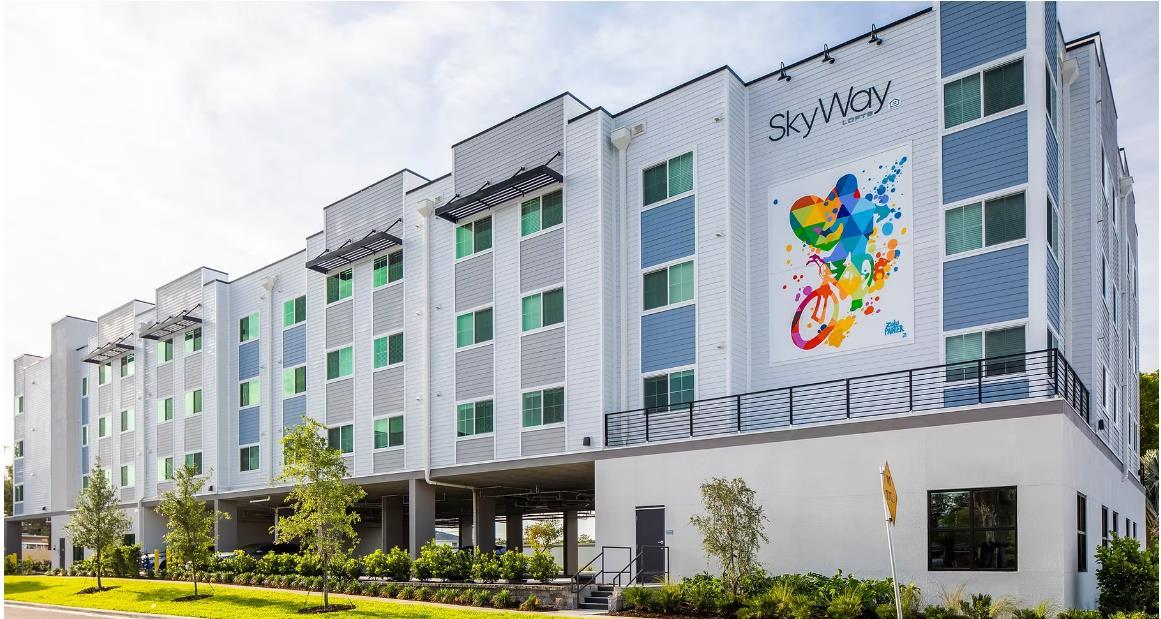
Skyway Lofts by Blue Sky Communities in St. Petersburg made permanently affordable though land acquisition and 99-year ground lease with Pinella County.
Photo Source: https://www.skywaylofts.com/
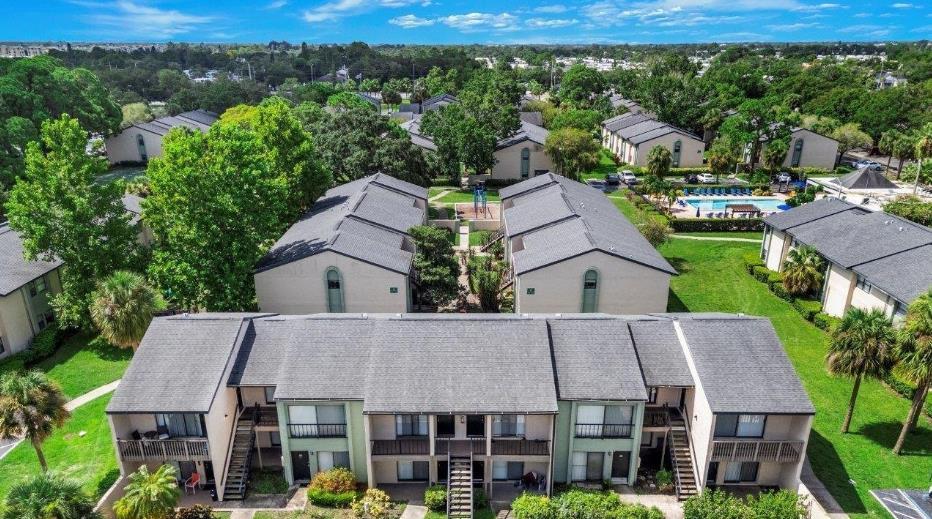
The Oasis in Largo, converted from market rate to affordable in part through financing from Pinellas County, placing it in the land trust for permanent affordability. Photo Source: https://stpeterising.com/home/304-unitapartment-complex-in-largo-to-convert-into-affordable-housing
Capacity Building
• Offer technical assistance directly to CLTs and aligned with CLT goals (mapping analysis for permanent affordability opportunities, feasibility studies, CLT-specific engagement opportunities, etc.)
• Facilitate partnerships between CLTs and land-holding entities (universities, hospitals, land banks, etc.)
Example Support Throughout CLT Process
Convene stakeholders
Participate in planning and establishment process
Ensure project pipeline
Prioritize CLTs for affordable housing subsidy and land
Publicly owned land policy
Prioritize lasting affordability for public land conveyance (discounted/donated)
Involve consultants and other experts in the process
Staff and fund start-up
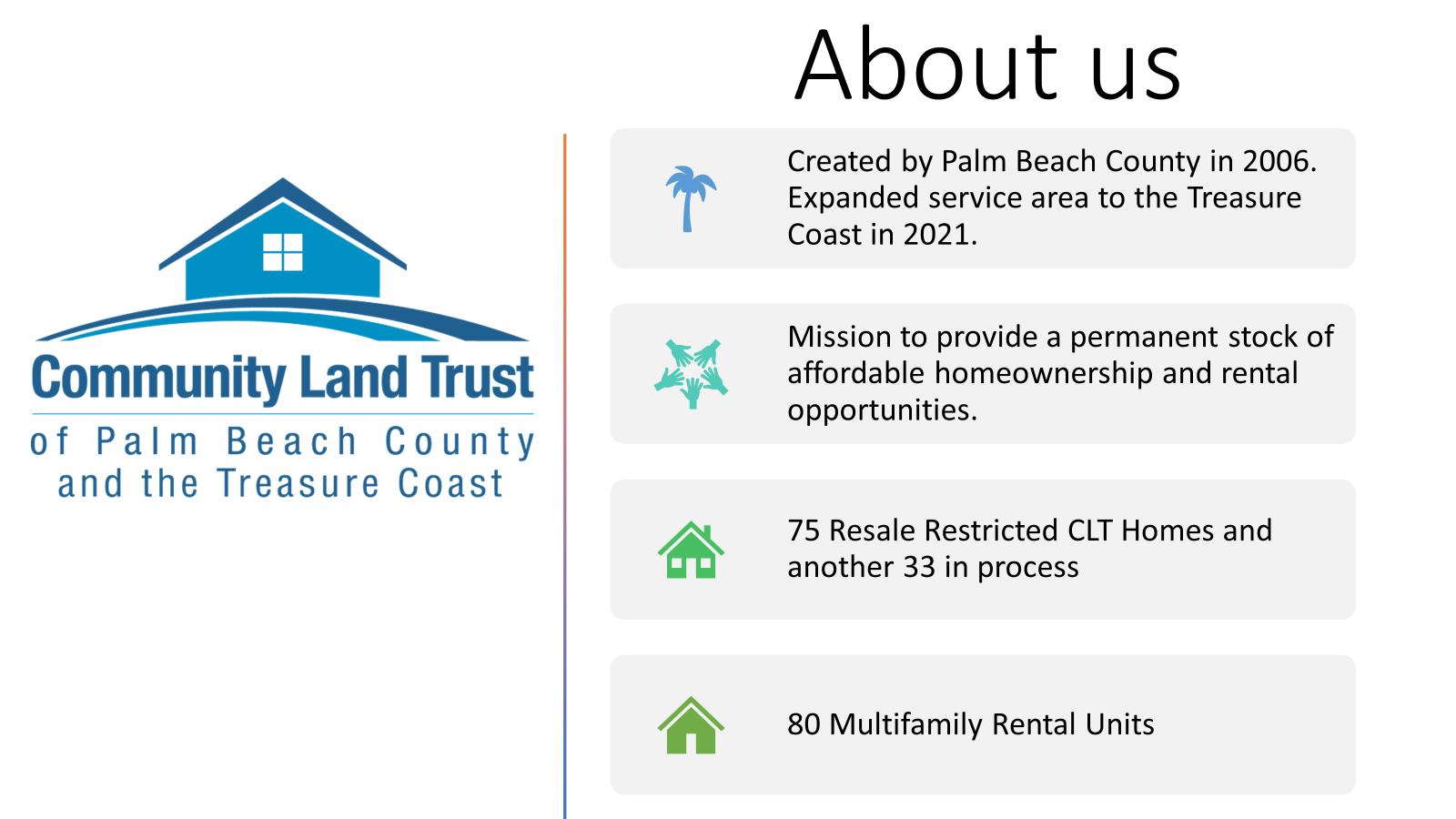
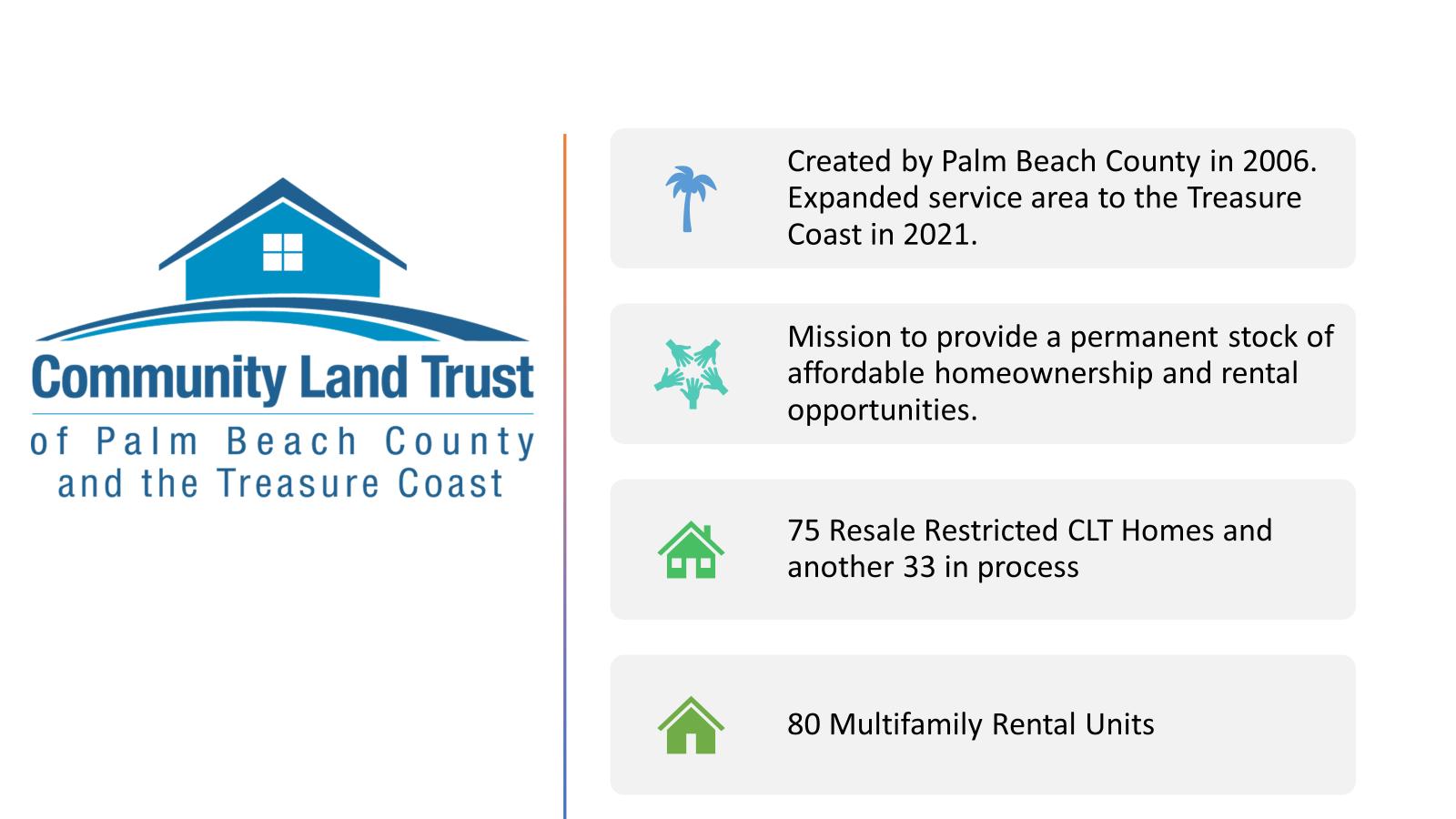
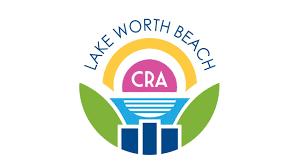
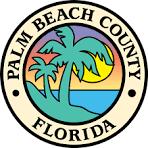
Sample Projects and Local Government Participation
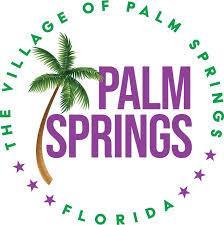
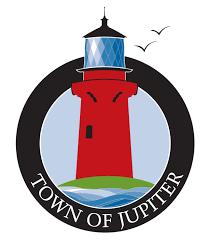
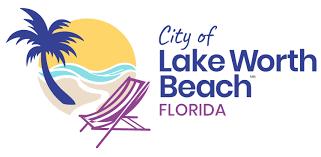

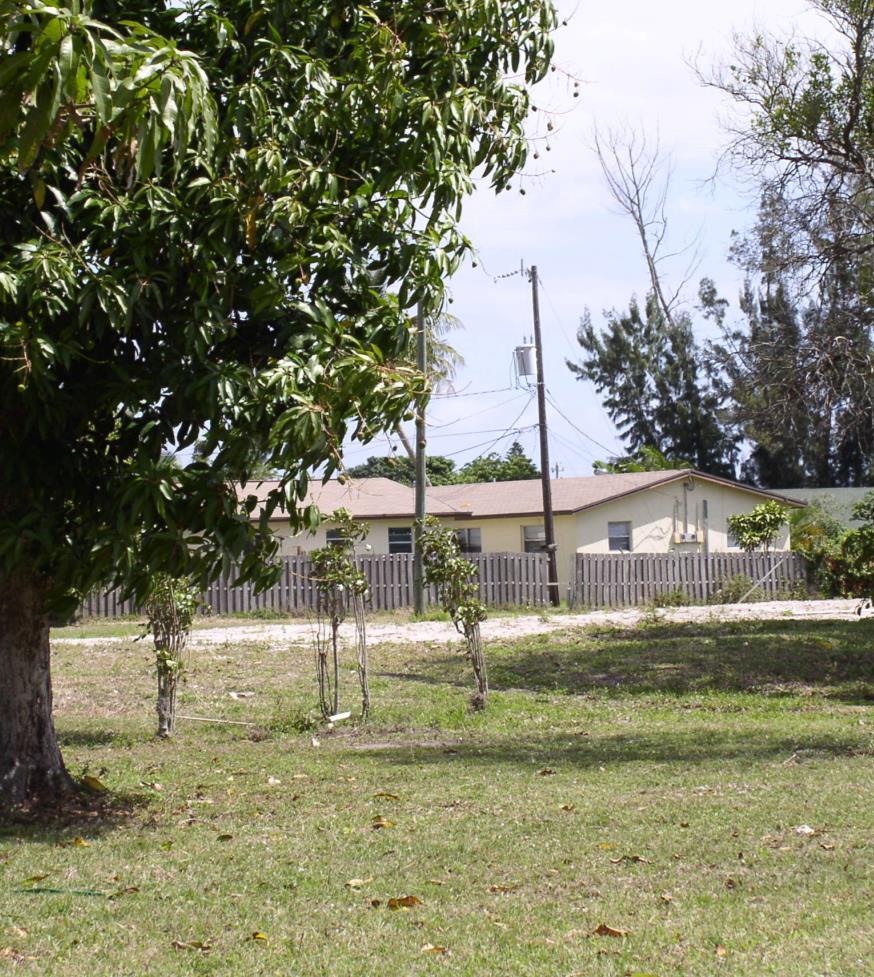
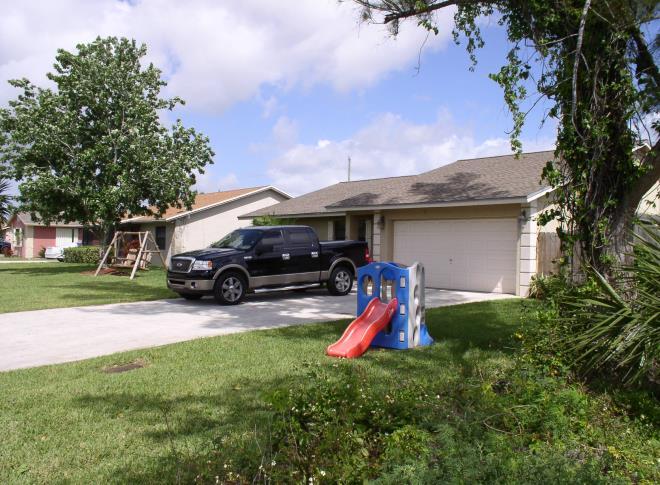
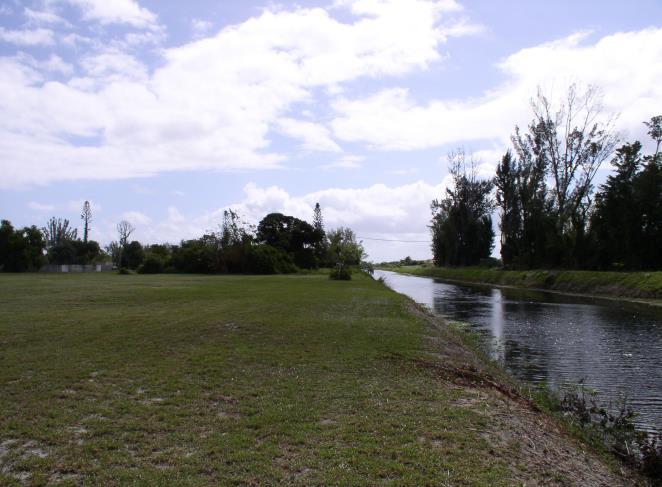
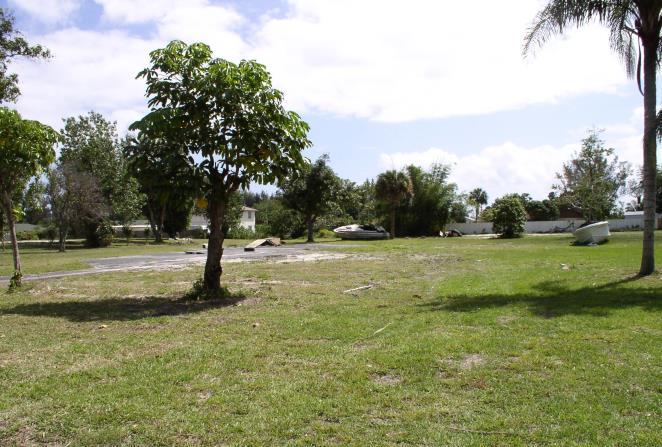
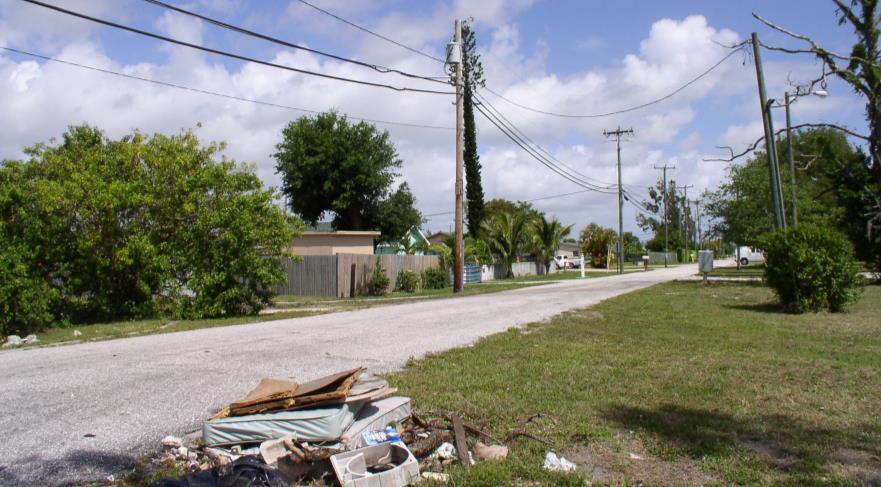
Davis Landings and Davis Landings West
Before: Site Conditions
• County acquired 7.29 acres for CLT
• Surrounded by aging rental + single-family housing
• CDBG Target Area with limited infrastructure
• Trash dumping and underutilized land
After: Community Asset
• New homes integrated into neighborhood fabric
• Modern infrastructure + improved environment
• Safe, valued, and activated community space
• Stronger neighborhood pride + stability
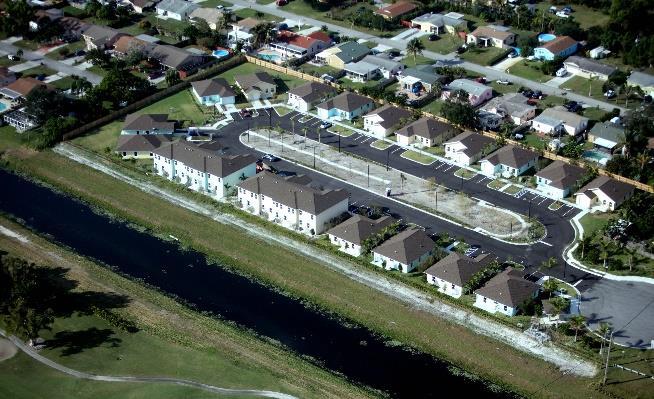
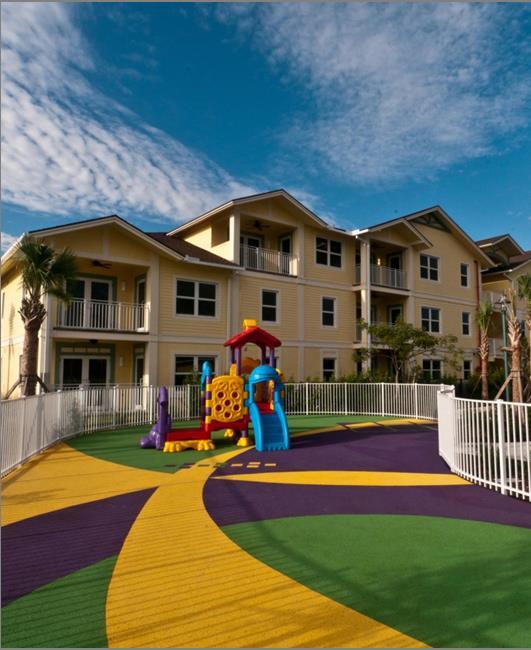
Davis Landings

Project Highlights
25 permanently affordable rental units (1–3 bedrooms)
Income targeting: 30%–120%
AMI set-asides
Zoning: HR-8; density bonus from 8 → 12 units/acre via Voluntary Affordable Housing Program County support: donated land + NSP2 funding
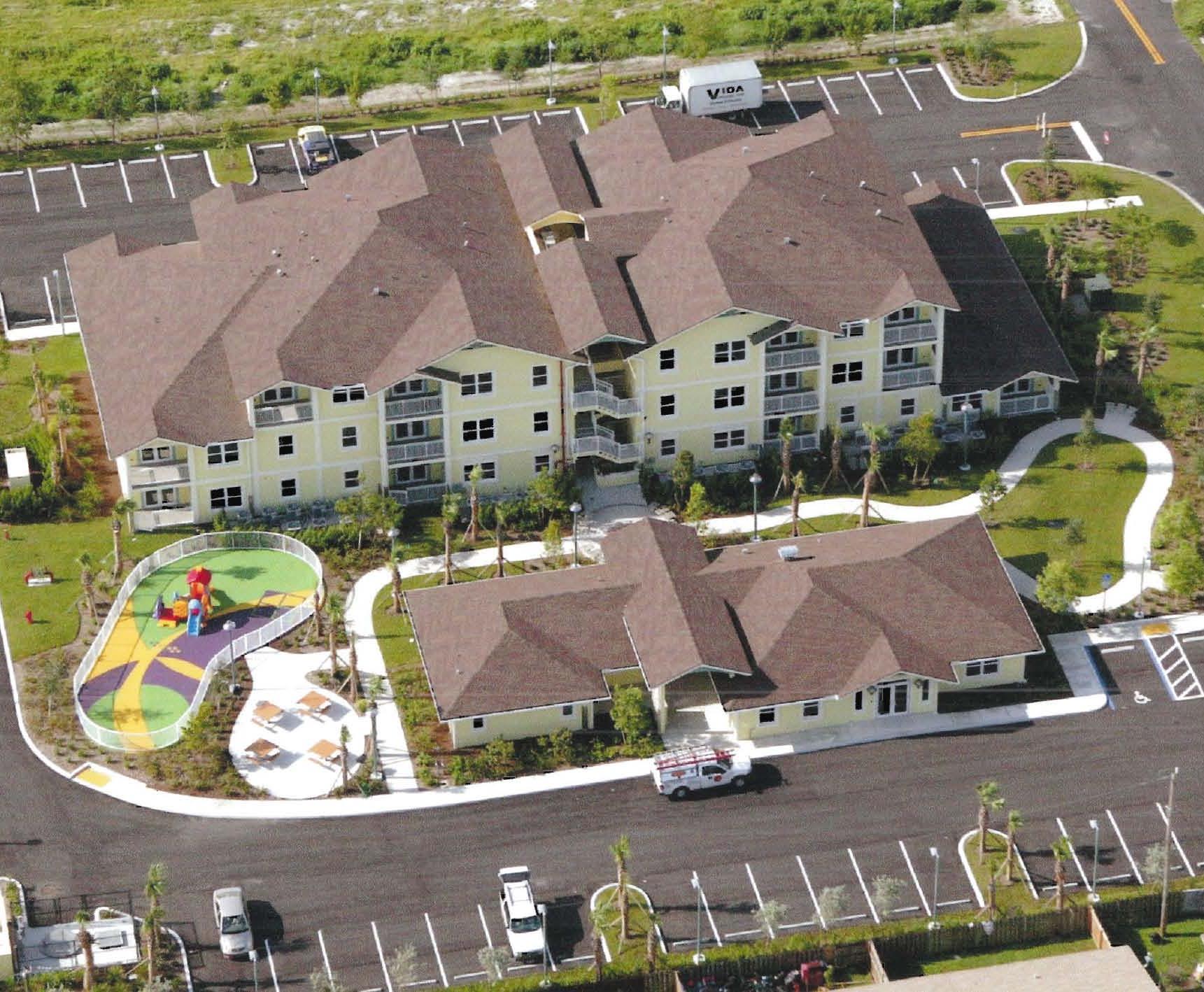
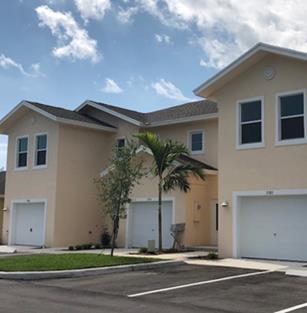

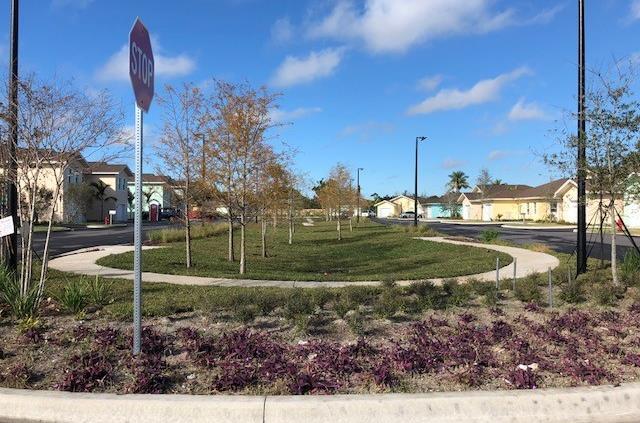
Davis Landings
West
Project Overview
• County-donated site: 16 singlefamily homes + 8 townhomes
• HOME development loan converted to purchase assistance
• Construction financing via Palm Beach County Housing Finance Authority
• Zoning: MR-5; 15% bonus density through Affordable/Workforce Housing Program
• Two resales to date
Davis Landings and Davis Landings West
County Incentives & Community Impact
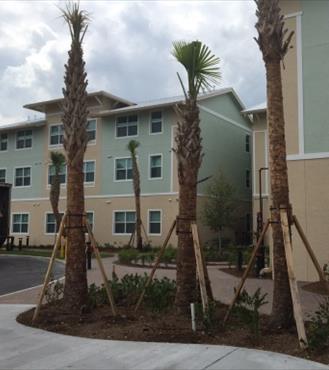
La Joya Villages
Community Impact / Comp Plan
Alignment
• 55 affordable rentals (≤80% AMI), 2–3
BR, veteran set-asides
• Mixed-use: commercial space on ground floor
• Green & sustainable: solar panels, native plants, pervious pavers, low-VOC materials, community gardens
• Amenities: clubhouse, splash park, playgrounds, art studio, sound wall
• Supports Lake Worth Beach Comp Plan goal for diverse, quality housing
• Revitalizes neighborhoods and promotes safe, sustainable living

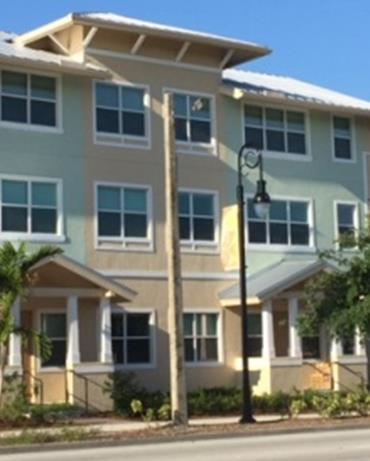

Incentives Provided
• LWBCRA $1.8M NSP2
• LWBCRA Land Donation
• Utility easement accepted by city (alley)
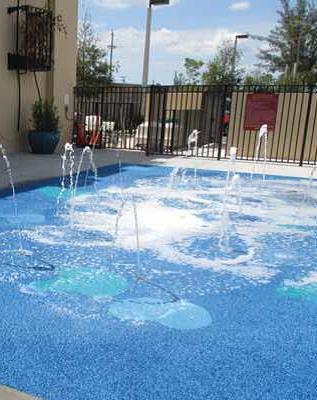
• Density bonus: 10 units/acre
• Palm Beach County Impact Fee Assistance
• Palm Beach County $600k HOME
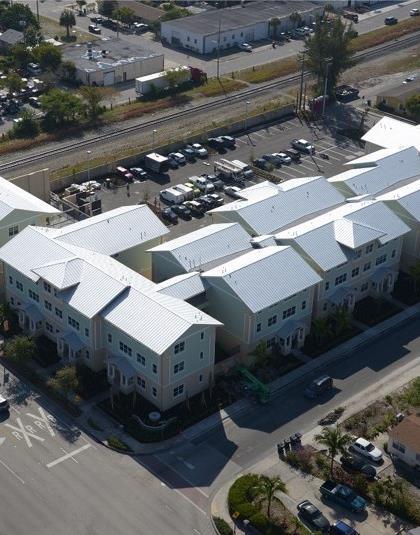
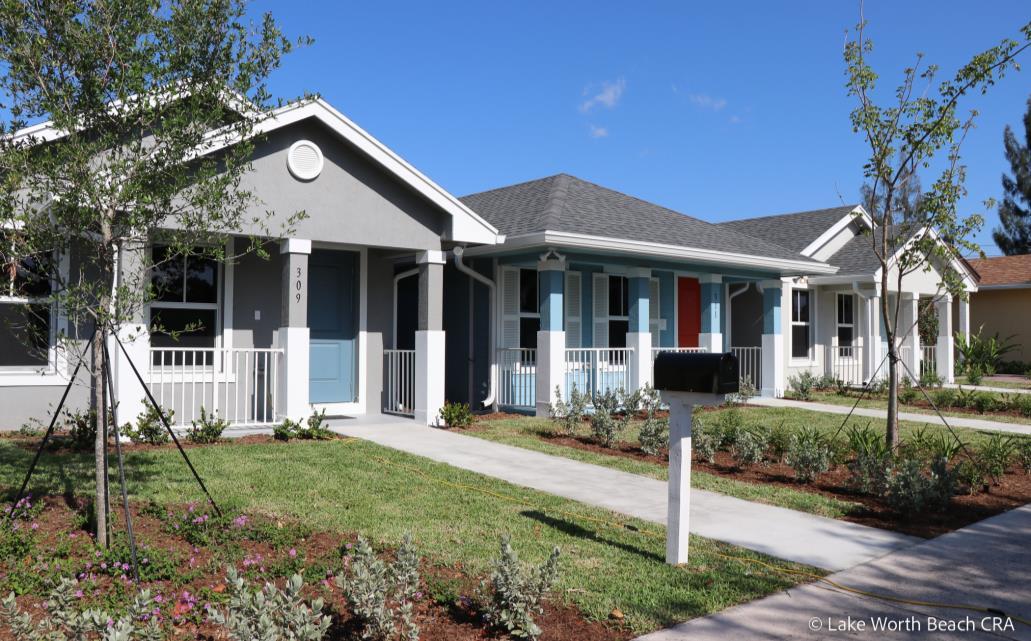
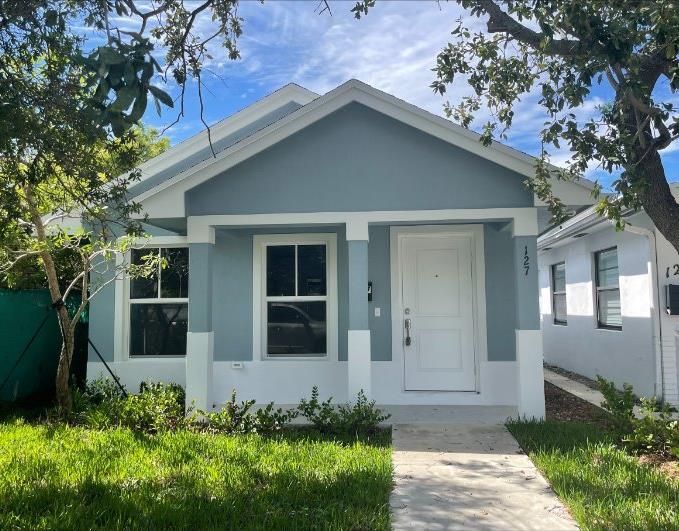
Lake Worth Beach CLT Cottage Homes
Incentives
• 25-ft lots donated by Lake Worth Beach CRA (grant/TIF funding)
• Palm Beach County Development Subsidy (HOME CHDO & ARPA)
• Low Interest Construction financing from PBCHFA & JP Morgan Chase
Project Features / Community Impact
• Permanently affordable housing development
• Supports Lake Worth Beach Comp Plan goals
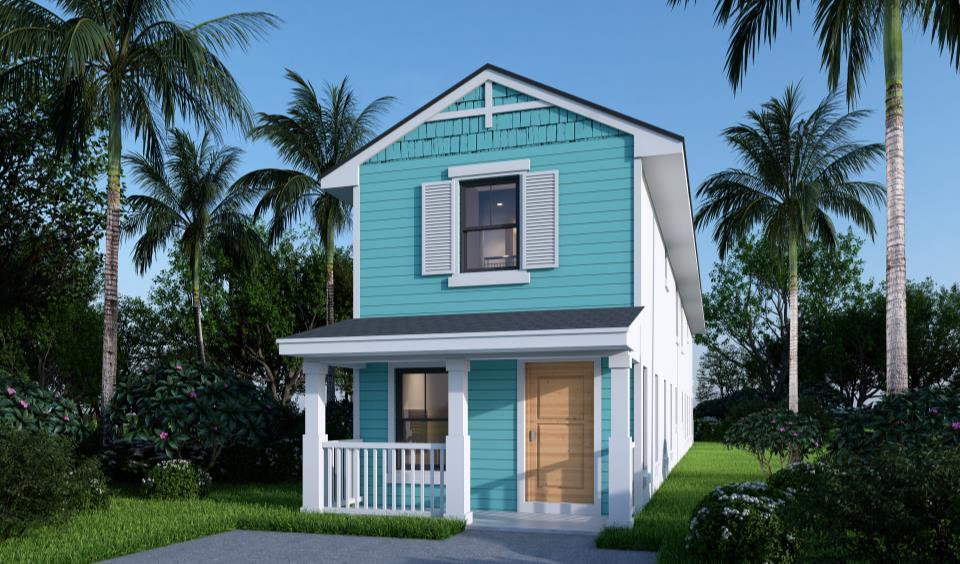
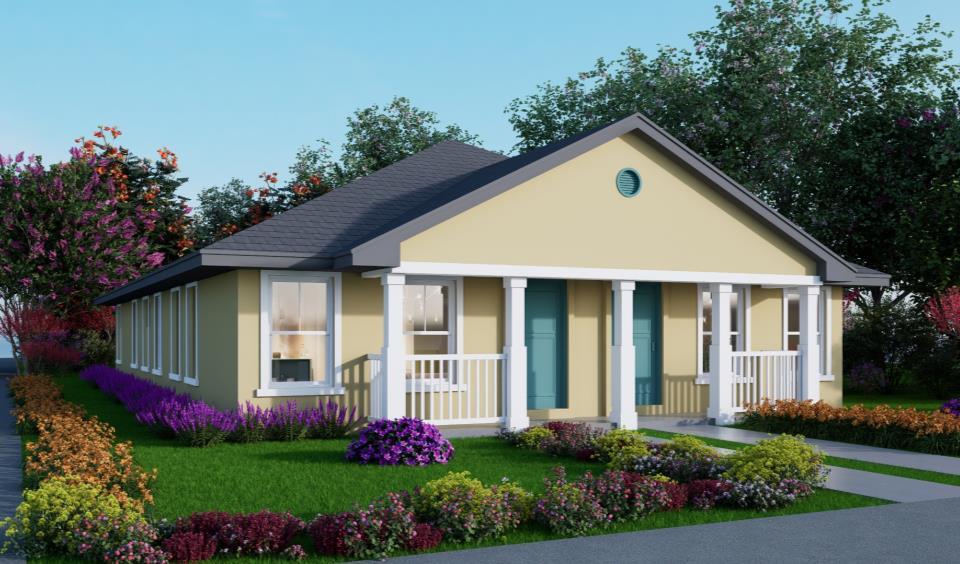
Additional Units In Process
Lake Worth Beach CRA CLT Homes
Project

Incentives
• Lots donated by Lake Worth Beach CRA
• County Housing Bond + HOME CHDO funding
• Palm Beach County Impact Fee Assistance
Project Features / Community Impact
• 18 duplex units one- and two-story
• Affordable housing for families
• Supports Lake Worth Beach Comp Plan goals

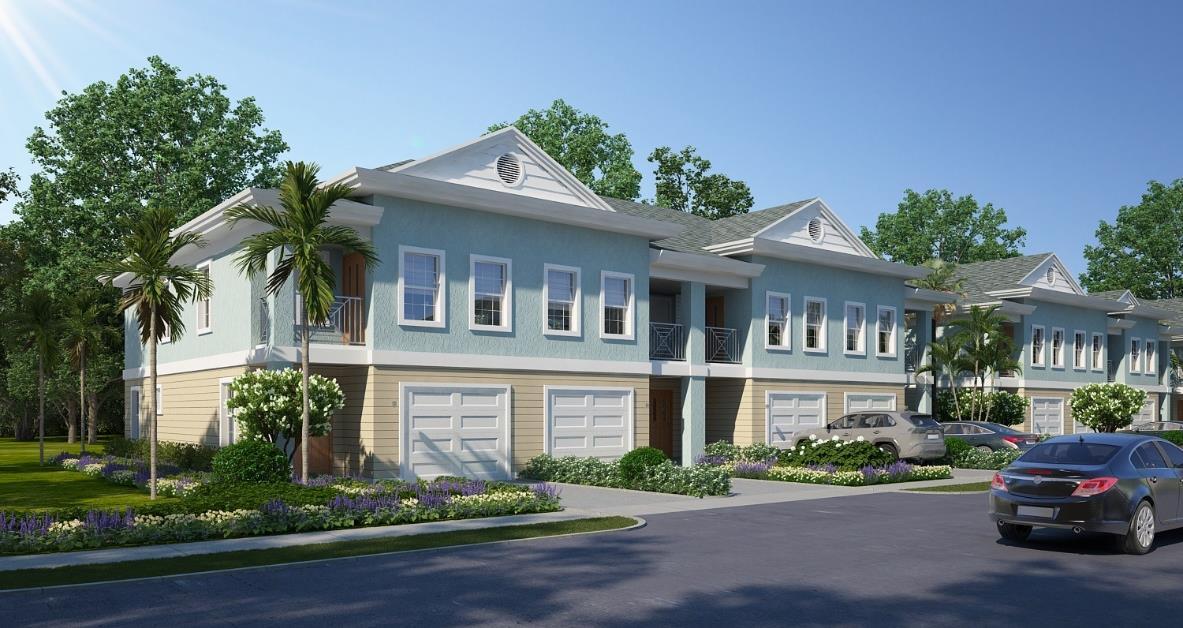
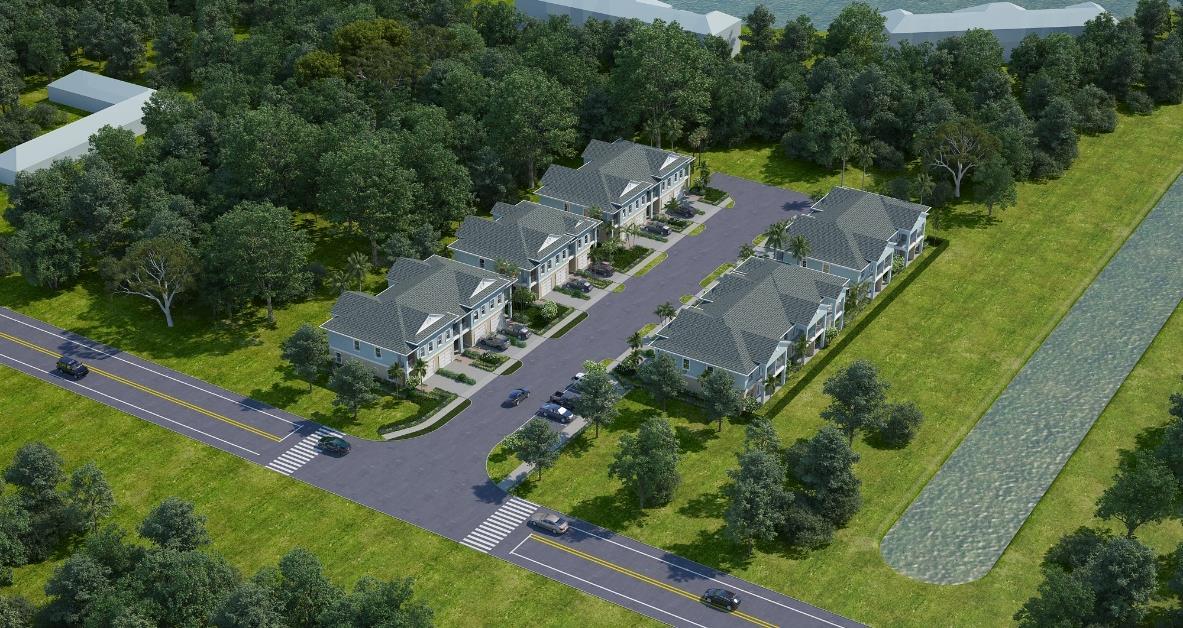
Davis Commons
Incentives
•1 of 2 acres donated by Palm Beach County
•$2M SHIP + $2.25M Community Project Funding

•Partnership with Community Partners of South Florida
•Bonus density, expedited permitting & pre-app meeting
Community Impact
•20 townhomes: 3BR / 2BA / 1-car garage, 120% AMI set-aside
•New lift station, sewer line, sidewalks & gutters
•Supports County housing goals
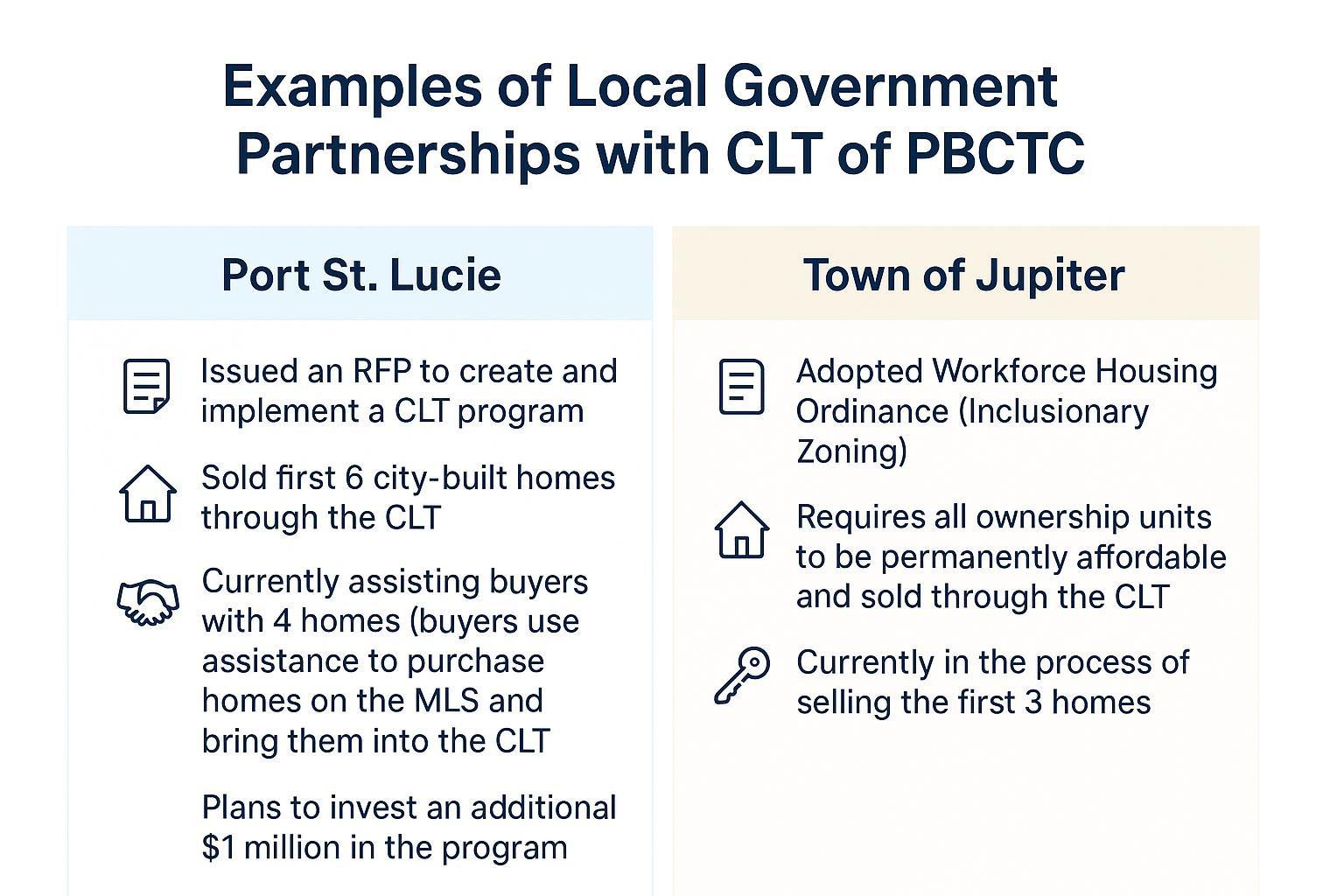
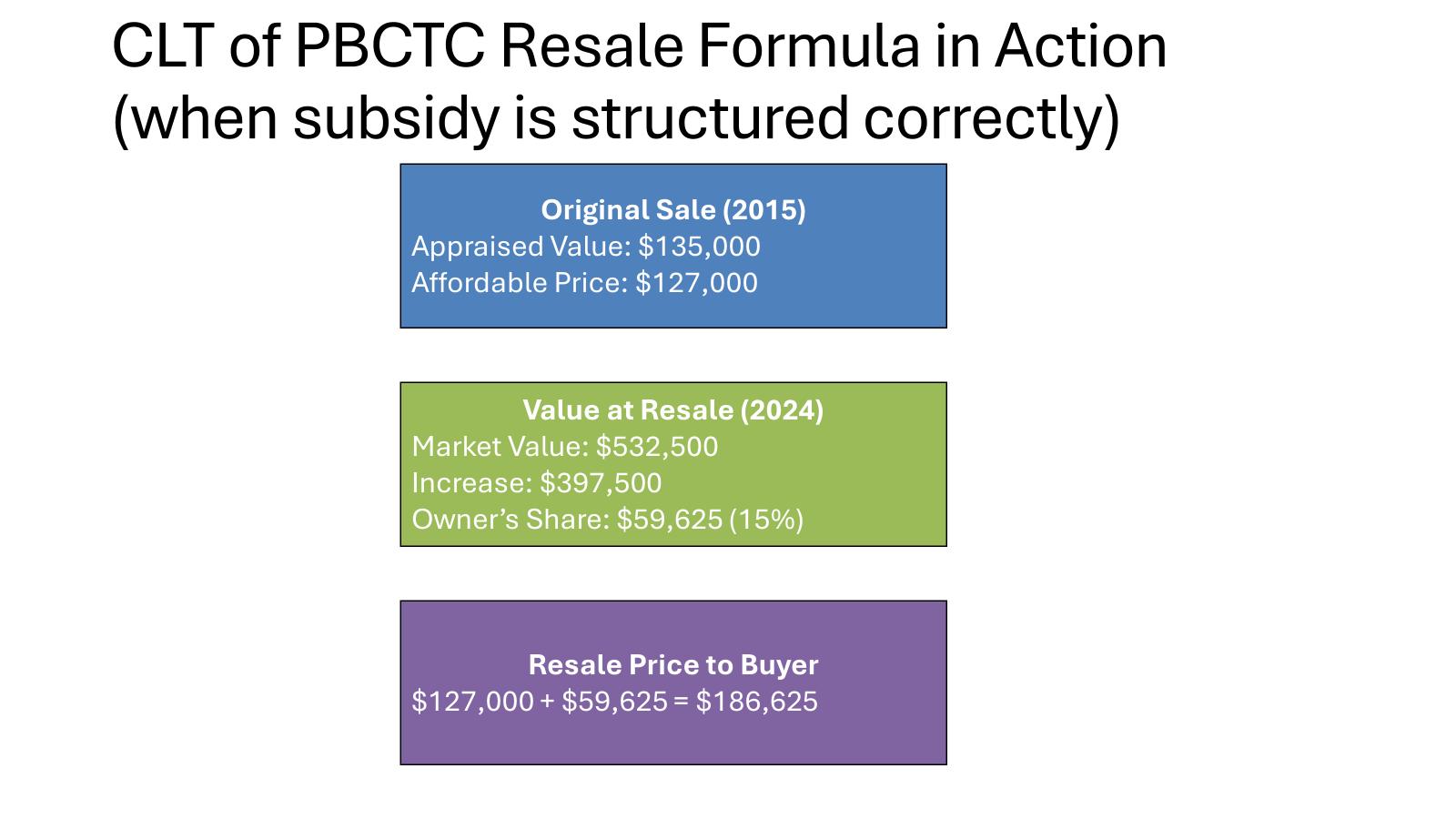
City of Tallahassee
Planning for Perpetuity: Partnering with the CLT
September 2025
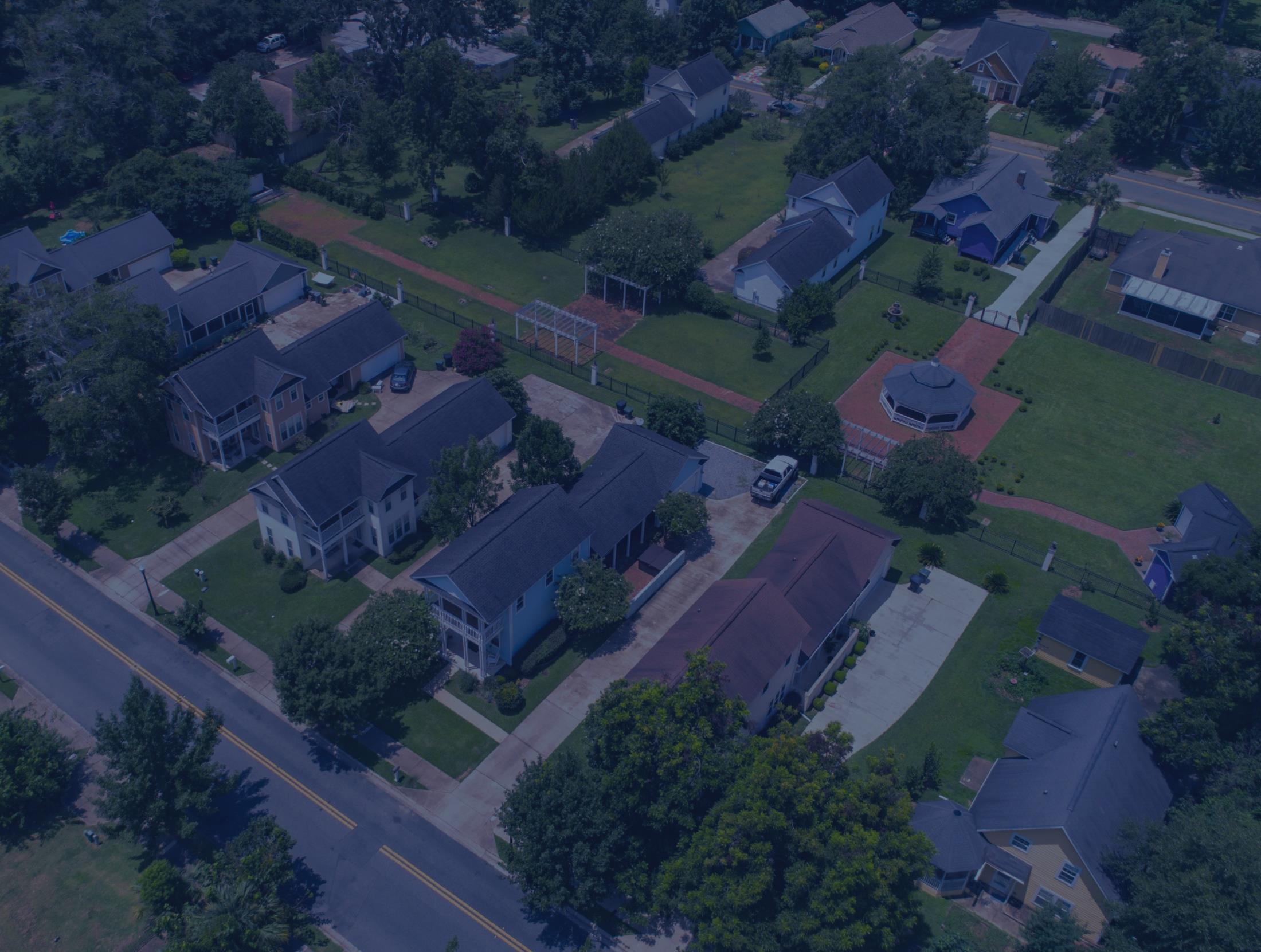
CITY OF TALLAHASSEE HOUSING AND COMMUNITY RESILIENCE

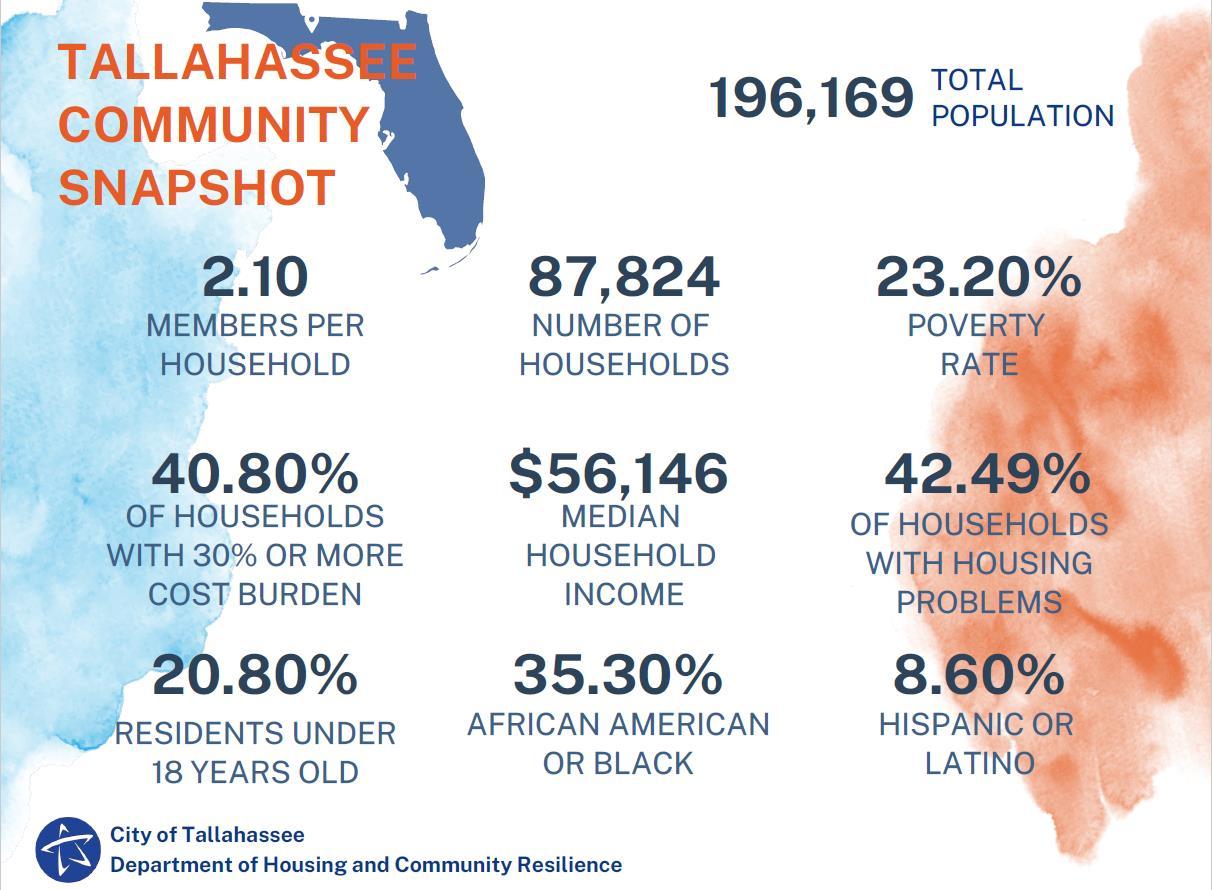

Housing and Community Resilience
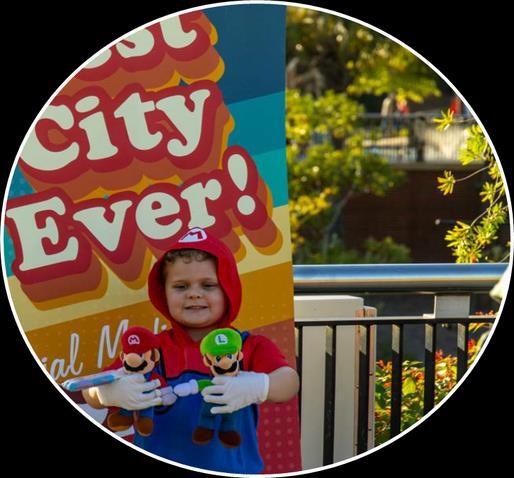
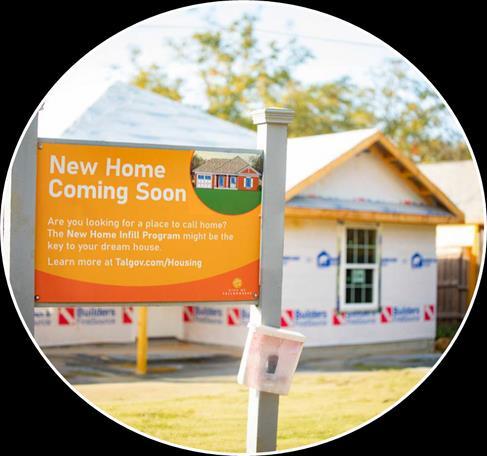
WHO WE ARE WHAT WE DO
The City of Tallahassee is a partner in creating housing opportunities, encouraging new unit development, and broadening the availability of safe and healthy housing.
The City administers programs funded with CDBG and HOME, along with local and state dollars to increase and preserve the inventory of safe, healthy, and quality housing for any income level, providing safe spaces for vulnerable residents.
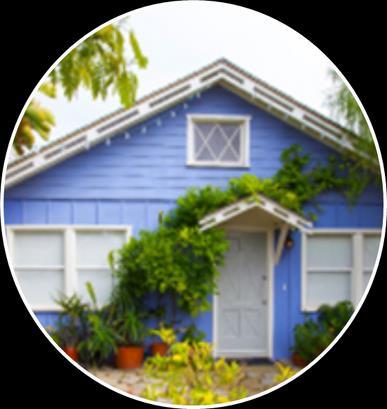
HOW WE DO IT
Our diverse programs and partnerships allow us to administer over $5M in grants and local funds annually, providing unique opportunities for creative and sustainable affordable housing solutions.

TALLAHASSEE-LEON COUNTY LAND TRUST
Collaborative approach
NOTE: Coordination and collaboration between the planning department and SHIP/Housing department is key to advancing innovative affordable housing policy such as a CLT.
- 2016: The City and County Commissions formed an Affordable Housing Workgroup to engage community partners and explore sustainable and innovative affordable housing models
- 2018: The Workgroup presented its findings which included the recommendation to form a community land trust
- 2019: The City and County issued a competitive solicitation for organizations to operate the land trust
- 2020: The Commissions approved the Tallahassee Lenders Consortium as the City/County Community Land Trust and approved start up funding to cover administrative costs
- 2021: The CLT begins construction on the first 4 lots donated by the County with construction subsidy provided by the City

LOCAL GOVERNMENT’S PARTNERSHIP ROLE
Influence and drive local planning policy
• Inclusionary housing policies
• Flexible land use policies
• Affordable housing policy
Surplus Lands Programs
• Infill development
• Property escheatment
• Neighborhood development Resources
• Subsidy
• Purchase Assistance
• Waivers
NOTE:
CLT’s should be situated to qualify as a CHDO making them eligible for federal HOME funding from an LG, providing a proven pathway for LG’s to expend HOME funds on this required set-aside.



PLANNING EFFORTS TO SUPPORT CLT
Land Use & Zoning Tools
- COT allows smaller lots, duplexes, ADU’s and other zoning flexibilities
- COT has an inclusionary housing ordinance with affordability requirements
Financial Tools
NOTE:
COT has provided land use waivers, flexibilities and other considerations for developers of affordable housing through a partnership with our planning department.
- COT provides subsidy via federal and state funding, local trust funds, and the CRA
- COT’s public lands suitable for affordable housing are made first available via donation to the CLT
Capacity Building
- COT provides technical assistance through the City’s DesignWorks studio on planning, lot placement, zoning, land use, etc. free of charge
- COT also provides technical assistance on all federal cross-cutting requirements
- COT provides fee waivers and reductions along with expedited permitting for CLT projects

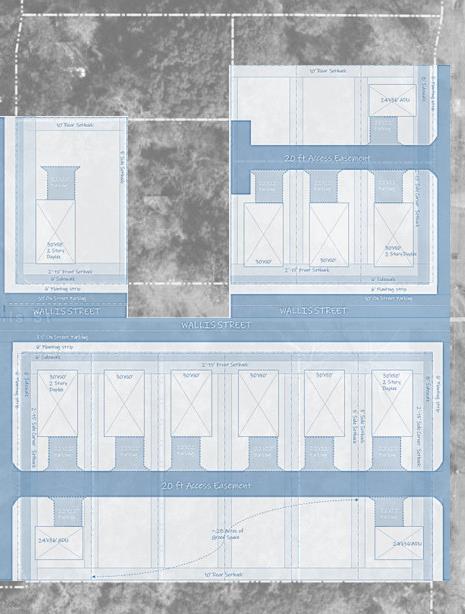
IN ACTION – WALLIS STREET PROJECT
The Wallis Street project aims to offer affordable housing solutions in the vibrant heart of Tallahassee’s South City. This initiative focuses on creating a single-family pocket neighborhood catering to the "missing middle" demographic.
Up to 24 units, including 1-, 2-, and 3-bedroom units and accessory dwelling units.
Public-Private Partnership with CRA, County, City and CLT will include benefits such as:
• Fee Waivers
• Reduction of land use requirements
• City CDBG/HOME Funding
• DPA for buyers
• Surplus land donation
• Private Equity
• County SHIP Funding
• CRA Infrastructure

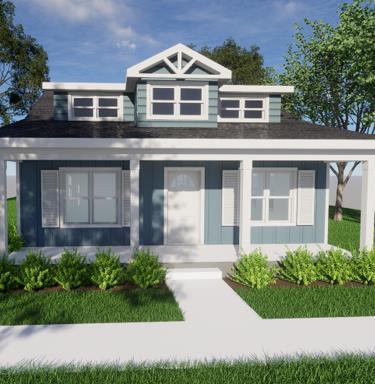
IN ACTION – WALLIS STREET PROJECT
• 2010 - City of Tallahassee used Neighborhood Stabilization Program funds to purchase multiple lots on one street
• 2022 - Lots donated to the CLT
• 2023 - Planning began
• 2024 – CDBG funds used for engineering, planning, architect
• 2025 – CLT awarded funds to begin infrastructure
construction
Once complete, will include green space for residents
Situated 2 blocks from new South City Transit Center and new Southside City Park


IN ACTION – WALLIS STREET PROJECT
The Wakulla
• 3 bed / 2 bath
• 1176 sq ft (heated/cooled)
• 168 sq ft (front porch)
• 96 sq ft (inset back porch)
Amenities:
• Full-width front porch
• Open plan
• Kitchen w/Dining area
• Pantry
• Laundry
• Back inset back porch
• Large Master closet
• Large Master bath

OTHER LAND TRUST PARTNERSHIP
OPPORTUNITIES
Publicly held parcels can be used for new unit production and preservation utilizing a variety of programs and activities which include:
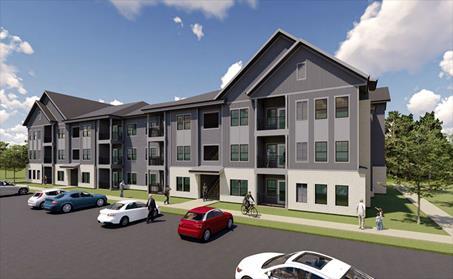
• Homeownership development programs such as construction loan programs, CHDO’s, etc
• Multifamily development, including conversion
• Habitat for Humanity
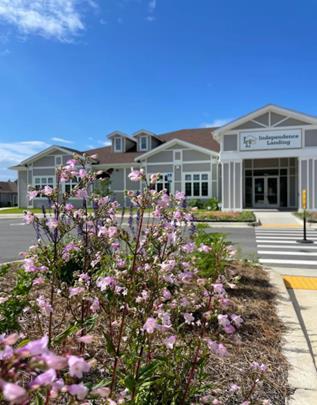


KEY TAKE AWAYS
• It is important for LG staff to understand the basics of the development process as they help influence policy at the local level.
• Packaging a land trust with incentives like inclusionary policies, density bonuses, fee waivers, and other land use flexibilities for affordable housing is key for LG’s to have maximum impact on new development with minimal direct fiscal investment.
• A solid partnership with a land trust can result in pairing public funds with private investment for successful projects.

Turn to Your Neighbors…
How can existing policy or efforts support a CLT?
What are opportunities or barriers to new or enhanced CLT effort?
What are immediate needs for successful support?
What next steps will you take?
Presenters:
Ali Ankudowich, Director
Land Use & Planning
Florida Housing Coalition ankudowich@flhousing.org
Cindee LaCourse-Blum, Executive Director
Community Land Trust of Palm Beach County & Treasure Coast clacourse-blum@cltofpbc.org
Jean Amison, Manager
Housing Division
City of Tallahassee
Jean.Amison@talgov.com
Matthew Wyman, Director
Community Land Trust Institute
Florida Housing Coalition wyman@flhousing.org
